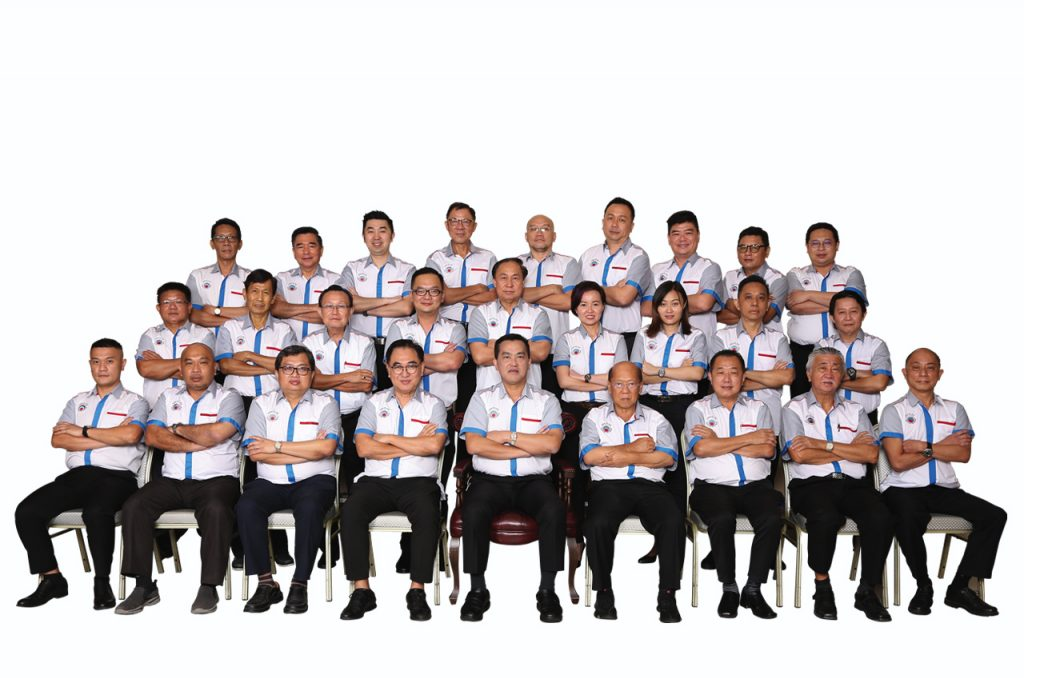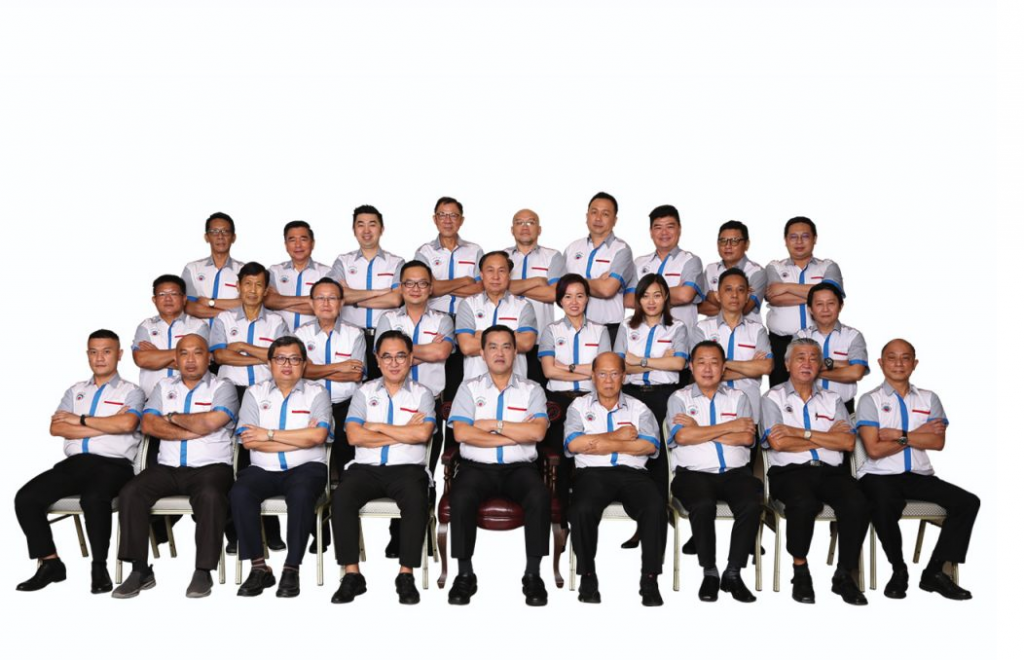【Optimistic Outlook for Next Year Despite Economic Challenges】
〔The Rakyat generally hold an optimistic view for the coming year, confident in the government’s ability to improve the current situation, says the Malaysian Chinese Assembly Hall〕

Kuala Lumpur – The Malaysia Chinese Assembly Hall (MCAH) highlighted that despite the uncertain state of the national economy next year, coupled with the impending implementation of new tax systems and rationalization of subsidies, which will undoubtedly increase the economic burden on citizens, there is a widespread positive outlook for the coming year. This optimism stems from the increased confidence in the government and the belief that they can address the existing challenges.
Since the “Malaysia Madani” government, led by Prime Minister Datuk Seri Anwar, took office, the country has shown outstanding performance in diplomatic relations. Furthermore, with the government securing over two-thirds support in Parliament, with 152 out of 222 members of the lower house endorsing it, stability and strength in domestic politics are on the rise, contributing to the general public’s positive outlook for the coming year.
The MCAH conducted online surveys and big data analysis in anticipation of the upcoming New Year. The majority of respondents expressed confidence in the “Malaysia Madani” government. The prevailing sentiment is that, with political stability as a foundation, there is hope for economic revitalization and an improved quality of life for the people.
Datuk Seri Dr KK Chai, President of MCAH, acknowledged that the rationalization of subsidies for essential goods would lead to an increase in prices. He emphasized that this is an inevitable process for optimizing the national economic system.
Starting January 1, users who can no longer benefit from the Imbalance Cost Pass-Through (ICPT) surcharge rebate may experience an estimated increase of RM12 to RM32 (4.2% to 6%) in their monthly electricity bills. Additionally, concerns arise from the rationalization of fuel subsidies, the introduction of a 10% sales tax on imported low-cost goods (effective January 1), the capital gains tax for non-listed company equity profits (March 1), luxury goods tax of 5% to 10% (May 1), the implementation of electronic invoices (August 1), and the increase in service tax rates from 6% to 8% (January 1), causing apprehension among businesses and the public.
Starting March 1 next year, the service tax may increase from 6% to 8%, potentially leading to higher maintenance and repair costs for automobiles, further impacting the living expenses of the general population.
Datuk Seri Dr KK Chai believes that Malaysia’s approval of a total investment of RM225 billion in the first nine months of this year is the best performance in a decade. Anwar’s efforts in securing investments during his first year in office have yielded powerful data supporting these claims. However, it is crucial for the government to ensure the implementation of these signed memoranda to bring benefits to the nation and its people.
He stressed the importance of continuous public communication and explanation by the government to prevent deliberate misinformation, emotional manipulation, and unwarranted attacks.
________________________________________
Datuk Seri Dr KK Chai highlighted that the visa waiver between Malaysia and China is the most significant gift the two governments have given to their people in celebration of the 50th anniversary of diplomatic relations. This measure, from official to grassroots levels, will positively impact various aspects such as the economy, culture, and tourism for both countries.
As of December this year, Malaysia has become the Southeast Asian country with the highest number of tourist arrivals, surpassing Thailand for the first time. Up to December, Malaysia welcomed 26.4 million tourists, compared to Thailand’s 26 million and Singapore’s 20 million.
The country’s goal is to attract a minimum of 30 million tourists by 2024, generating up to RM100 billion in expenses and income. Achieving this target is expected to pave the way for a prosperous tourism industry leading up to Malaysia’s Tourism Year in 2026.
Datuk Seri Dr KK Chai acknowledged that, despite the ongoing recovery from the pandemic, industries related to tourism and restaurants remain optimistic. However, the retail sector is still feeling the effects of a sluggish market, rising prices, and unpredictable policy changes at the state level, making business increasingly challenging.
Businesses are hopeful for government assistance, emphasizing the need for state and local governments to be more business-friendly to help them weather the storm. In the current subdued market environment, cost-saving measures and prudent expense management are essential for survival.
Stability in the supply chain and policies related to business, such as labor policies, should be optimized for improvement rather than introducing measures that leave businesses bewildered and trigger a domino effect, adversely affecting people’s livelihoods.
________________________________________

Datuk Seri Dr KK Chai pointed out that the people have high expectations for the incoming Agong, Sultan Ibrahim of Johor, due to his enlightened and strong leadership. People from all ethnic backgrounds anticipate that Sultan Ibrahim will collaborate with the “Malaysia Madani” government to bring about a better future for the country.
He noted that online polls and big data analysis reflecting public opinion show gratitude and appreciation for the contributions of the current Agong, Sultan Abdullah, over the past five years.
Malaysia has emerged from political turmoil and the shadow of the COVID-19 pandemic during his tenure, contributing to his significant accomplishments.
Regarding Sultan Ibrahim’s recent public statements about his leadership style, people are hopeful as he focuses on issues that matter to the people, including combating corruption, promoting national harmony, and preserving the country’s religious and ethnic diversity.

